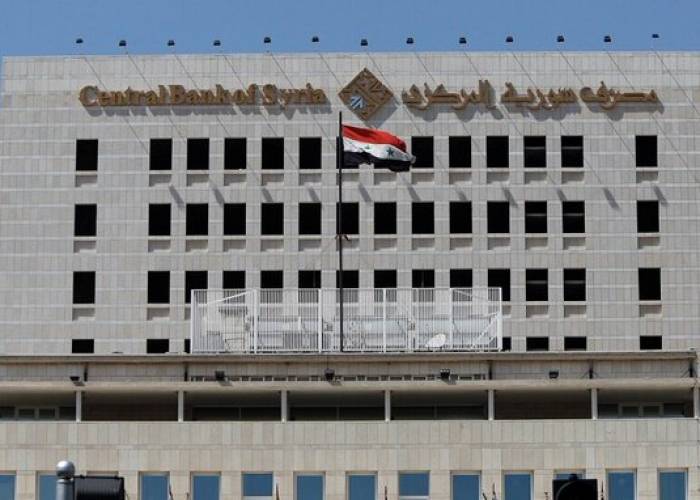The effects of the Syrian Central Bank’s decision to raise the exchange rate of the dollar against the Syrian pound by 200 pounds since last week began to appear in the markets, as most products, especially imported ones, witnessed an increase in their prices, at rates ranging between 10 to 15 percent.
The pro-regime Athr Press website quoted the Secretary of the Homs Chamber of Industry, industrialist Issam Tizini, as confirming that the reason for the rise in market prices is because the exchange rate is not fixed and unstable.
($1=3000 SYP due to Central Bank, but the pound is trading around 4,600 to the dollar)
Tizini added that when there are production inputs at a certain price according to the dollar price, the outputs will be at a price parallel to the input price. Therefore industrialists are unable to commit to fixed prices since exchange rates are volatile and variable.
Read Also: Syrian Industrialist Calls For Recovering Funds Frozen in Lebanese Banks
The industrialist indicated that the Central Bank could stabilize the exchange rate during the past year. Still, its stabilization was with coarse tools, not purely economic ones, so in return for stabilizing the exchange rate, there was an increase in commodity prices.
He also attributed this to the inability of the industrialists to obtain the dollar to import its raw materials. Consequently, they refrained from importing, and the quantities of goods in the market decreased, which led to an increase in prices.
Regarding the proposals to improve the industrial reality, control prices and improve the rotation of the production wheel, the Secretary of the Homs Chamber of Industry said: “The most important proposal is to reconsider the monetary policy, and reduce the burdens on producers such as taxes, fees and licenses,” adding with the phrase: “Let him work, let him pass.”
The Syrian economy has been devastated by war and witnessed massive destruction of infrastructure worth USD 120 billion as the UN estimates, the rebuilding of war-torn Syria would need around USD 250-400 billion.
The regime-controlled areas suffer from a stark rise in the prices of basic materials and food commodities, amid government promises to fight monopoly.
The Syrian revolution that turned into a bloody conflict has claimed 500,000 lives and has displaced 13,2 million people since it erupted in March 2011 with the brutal repression of anti-regime protests.
This article was edited by The Syrian Observer. The Syrian Observer has not verified the content of this story. Responsibility for the information and views set out in this article lies entirely with the author.


